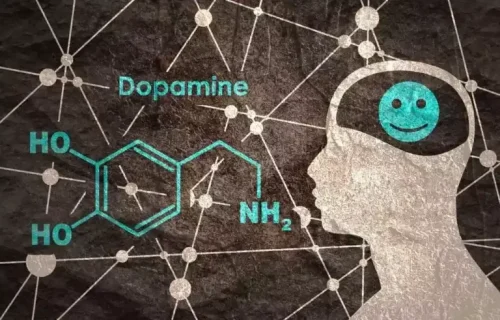
If you are a caregiver of a military veteran, you can find support and encouragement through the U.S. Support groups are marijuana addiction usually not a good substitute for talk therapy or taking medicine, but they can be a helpful addition. Treatment for PTSD involves talk therapy (counseling), medicines, or both. A study published in 2015 found that reckless or self-destructive behavior—in this case, exhibited by veterans—included substance use, self-harm, excessive gambling, and aggression.
Post-traumatic stress disorder
Anxiety blackouts, also referred to as stress-induced memory loss, are temporary lapses in memory that occur during periods of intense anxiety or stress. These episodes can range from brief moments of forgetfulness to more prolonged periods of memory impairment. Picture your memories as fragile soap bubbles, delicately floating through the tumultuous storm of anxiety, where each gust of stress threatens to burst them into oblivion. This vivid imagery encapsulates the delicate relationship between anxiety, stress, and memory, a connection that manifests in a phenomenon known as anxiety blackouts.
- Clinical trials are research studies that look at new ways to prevent, detect, or treat diseases and conditions.
- Making necessary lifestyle changes to improve your overall well-being is just as important.
- Your mind does not know how to react around certain sights, smells, sounds and other sensory factors that remind you of that event.
How do children and teens react to trauma?

NIMH supports research at universities, medical centers, and other institutions via grants, contracts, and cooperative agreements. Learn more about NIMH research areas, policies, resources, and initiatives. Learn more about NIMH newsletters, public participation in grant reviews, research funding, clinical trials, the NIMH Gift Fund, and connecting with NIMH on social media.
How Emotional People Can Release Deeply Hidden Trauma,BIG or small

You can support your treatment efforts with a balanced, mindful lifestyle — get plenty of rest, try to exercise, and eat nutrient-dense foods. Over the long term, PTSD may lead to changes in the structure of the brain, due to a decrease in size of the hippocampus — the part of the brain that helps regulate emotions and can ptsd cause blackouts memory. What ties them together is a real or perceived threat of danger, which may involve a possible loss of life.
- Without trying to remember the traumatic event, you may feel like you’re reexperiencing the event or that you can’t stop thinking about certain details.
- Physical pains, such as a broken hand will heal themselves, emotional pain needs our participation in the healing process.
- The good news is that having a diagnosis can help you get the treatment you need to reduce your symptoms and improve your quality of life.
- If the symptoms get worse, last for months or years, and affect their ability to function daily, they may have PTSD.
- Social support plays a role in protecting people from developing PTSD.
This fear-based mechanism may play a role in the continuous nature of your flashbacks and nightmares. When a traumatic event occurs, your body releases large amounts of the stress hormones cortisol, epinephrine (adrenaline), and norepinephrine (noradrenaline). If you live with PTSD, your symptoms may include disturbing thoughts and feelings relating to the trauma, as well as nightmares, hyperarousal, flashbacks, anger, and memory issues. Post-traumatic stress disorder (PTSD) is a condition that can occur after a distressing event. Post-traumatic stress disorder (PTSD) is a type of anxiety disorder.


